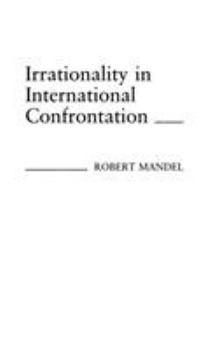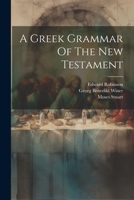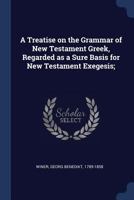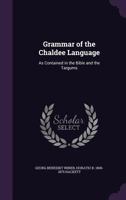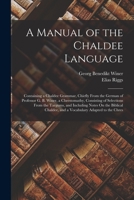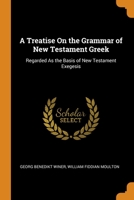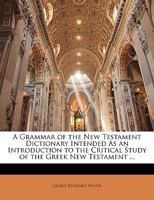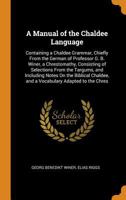Irrationality in International Confrontation
(Book #185 in the Contributions in Political Science Series)
Select Format
Select Condition 
Based on Your Recent Browsing
Book Overview
The first book to explore systematically and comprehensively the influence and utility of irrationality in international relations, this study begins with an intensive exploration of the nature of irrationality. The author proceeds to examine twelve case studies in which irrationality has figured prominently in international confrontations. Among these conflicts are featured the Poland Solidarity crisis, the Soviet natural gas pipleline controversy, American invlovement in Nicaragua, the Grenada invasion, the Iranian seizure of American hostages, the Iran-Iraq war, the Libyan embassy incident, and the Falkland Islands war, among others. Finally, the work assesses patterns which emerge throughout the case studies and generates policy perceptions for applying or resisting irrationality, suggesting as well, the global consequences of proliferating irrationality in the international political arena.
Format:Hardcover
Language:English
ISBN:031325950X
ISBN13:9780313259500
Release Date:August 1987
Publisher:Praeger
Length:162 Pages
Weight:0.83 lbs.
Dimensions:0.8" x 5.6" x 8.6"
More by Georg Benedikt Winer
Customer Reviews
10 customer ratings | 5 reviews
There are currently no reviews. Be the first to review this work.











